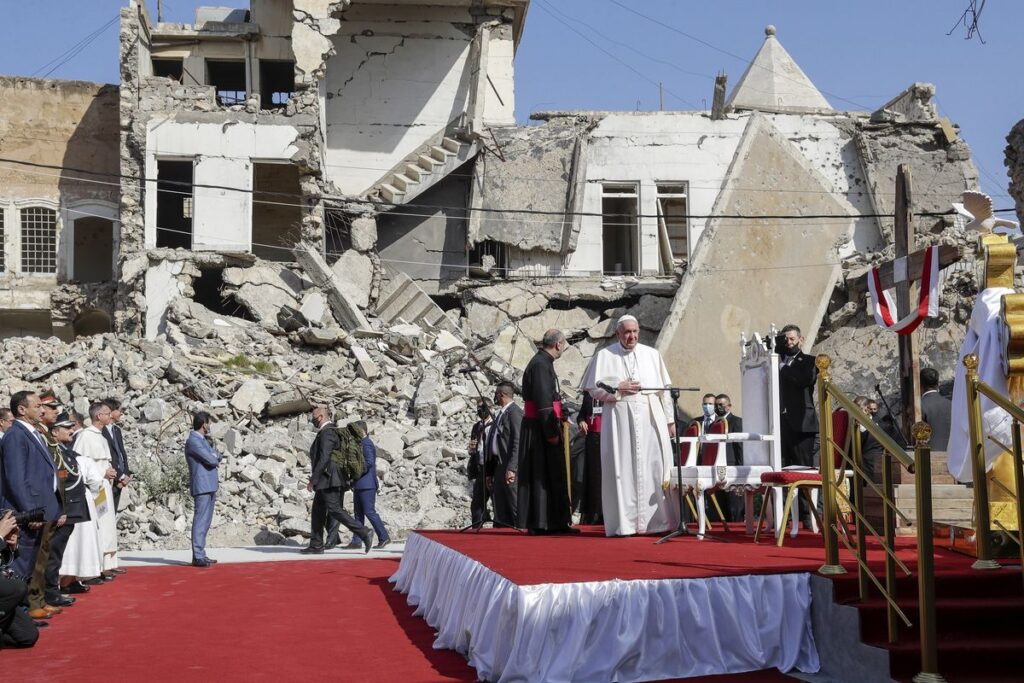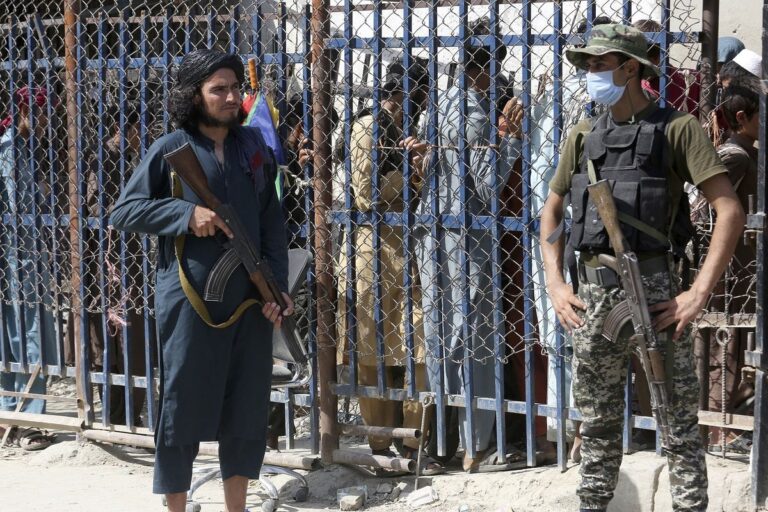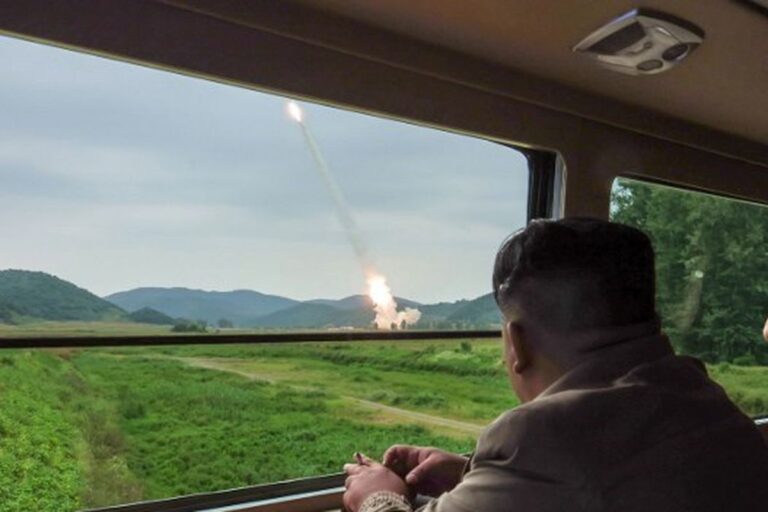
Pope Francis recently revealed that he was the target of two assassination attempts during his historic visit to Iraq in 2021. The disclosure sheds light on the dangers faced by world leaders during such high-stakes trips.
Details of the Assassination Attempts
During an interview, Pope Francis stated that the attempts occurred while he was in Iraq, a country plagued by political instability and security challenges. The Vatican’s security team successfully neutralized the threats, allowing the Pope to complete his visit without incident.
Why Iraq Was Significant
The 2021 visit marked the first time a Pope visited Iraq, symbolizing a gesture of peace and interfaith dialogue. Despite the risks, Pope Francis emphasized the importance of standing with communities affected by war and persecution.
Security Challenges in Iraq
Iraq remains a volatile region, with threats from extremist groups and political unrest. The assassination attempts highlight:
- The Complexity of Planning High-Profile Visits: Ensuring the safety of global leaders in such areas requires extensive coordination.
- Persistent Security Risks: Despite efforts to stabilize the region, threats from insurgent groups remain a concern.
Global Reaction to the Assassination Attempts
The revelation has drawn mixed reactions:
- Support for the Pope: Many praised Pope Francis’ courage in continuing his mission despite personal risks.
- Renewed Focus on Leader Safety: The incidents have reignited discussions about protecting high-profile figures in conflict zones.
Lessons Learned from the Incident
To minimize risks during such visits:
- Enhanced Security Measures: Employ advanced surveillance and threat detection systems.
- Collaboration with Local Authorities: Leverage local knowledge to prevent incidents.
- Strategic Planning: Conduct comprehensive risk assessments before confirming itineraries.
Conclusion
Pope Francis’ revelation of assassination attempts during his Iraq visit underscores the courage and commitment required to lead in challenging times. His visit remains a beacon of hope, inspiring efforts toward peace and unity in conflict-affected regions.



